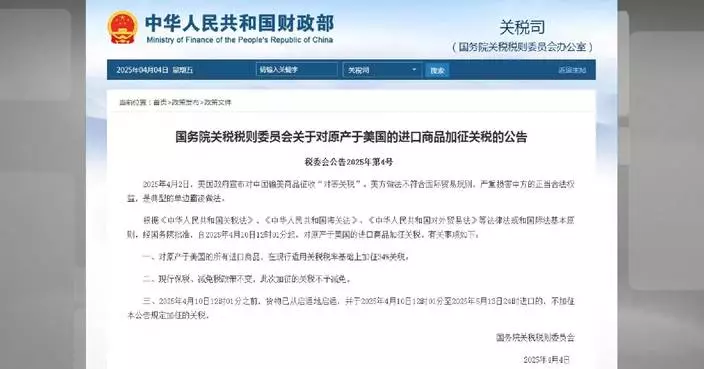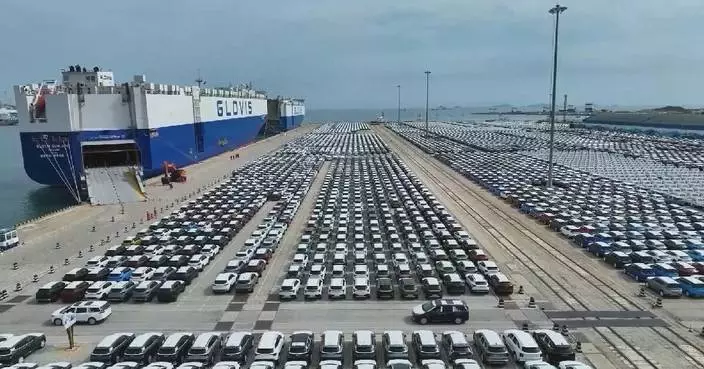The rapidly developing e-commerce and logistics networks in China have been boosting the country's rural farming, encouraging aspiring young entrepreneurs from rural areas to return to their hometowns and contribute to efforts to rejuvenate the countryside.
Wang Jianwen previously worked as a programmer in Beijing, but a few years ago he returned to his hometown of Shouguang in east China's Shandong Province, setting up a direct-to-consumer sales model that integrates vegetable production and e-commerce. The project has radically improved market efficiency and significantly increased incomes for local farmers.
"Since I was a child, Shouguang has been famous for vegetables. In the past, there were very few purchasing channels. The farmers were badly affected by price fluctuations. Since delivery became faster now, we built up a brand for fresh produce called Sweet Fresh, which sells our Shouguang vegetables directly online," Wang said.
"It takes a lot of time on marketing if your want to develop a new product in the traditional way. People always make a beautiful picture of the product, but it might look nothing like that after it's been shipped. In 2018, we began doing live-streaming on Taobao. Through the live-streams, consumers are able to see the vegetables directly, which resolves the problem of lack of trust," Wang said.
Compared with the fast-paced life in big cities, Wang is pleased with his life in such a small county, where he can spend much more time with families, and build up the county better.
"Coming back to Shouguang, firstly, I'm returning to my roots. I have more time with my family. Secondly, through my business, I can bring out the value of my hometown, while also realizing my own value," he said.
Wang said when he first started his business, his family wasn't very supportive.
"I only slept for three hours a night. My family said the new business was worse than farming. They thought at least I could still rest while farming, but there was no rest when I started my business. As the volume of business increased, there were a lot of orders to ship out. My family also stopped farming and helped me with packing. They noticed that although I was tired, I remained confident. After that, the family gradually came to understand. For me, big cities are nice, but the competition is strong. Now the country is working on rural revitalization, and our small county is getting better and better," Wang said.

E-commerce boosts rural farming in China

















































